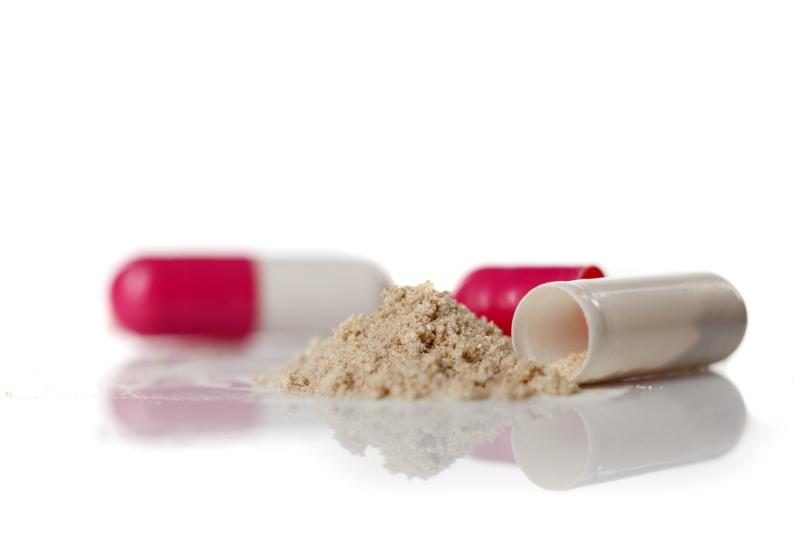
Use of proton-pump inhibitors (PPIs) for ≥2 years is not associated with a higher risk of gastrointestinal cancers, while the association of PPI use of ≥10 years with cancer risk remains unclear, reveals a study.
“[W]e found no associations between PPI use of ≥2 years and the risks of gastric, colorectal, liver or pancreatic cancer, and no consistent associations between increasing PPI dose and duration of use up to 10 years and cancer risk,” the researchers said.
This nested case-control study was conducted in large, community-based integrated healthcare setting and included adults with gastric (n=1,233), colorectal (n=18,595), liver (n=2,329) or pancreatic cancers (n=567). Each patient was matched 1:10 with controls by age, sex, race/ethnicity, medical facility and enrolment duration. Primary exposure was defined as ≥2-year cumulative PPI supply.
The researchers gathered data from pharmacy, cancer registry and electronic medical record databases and examined the associations using conditional logistic regression, adjusted for multiple confounders. They also assessed cancer risk separately by PPI dose, duration of use, and dose and duration.
PPI use of ≥2 years did not increase the risks of gastric (odds ratio [OR], 1.07, 95 percent confidence interval [CI], 0.81–1.42), colorectal (OR, 1.05, 95 percent CI, 0.99–1.12), liver (OR, 1.14, 95 percent CI, 0.91–1.43) or pancreatic cancers (OR, 1.22, 95 percent CI, 0.89–1.67) compared to nonuse. [Am J Gastroenterol 2020;115:706-715]
Exploratory analyses revealed increased cancer risks to patients using PPI for ≥10 years, but no consistent associations were observed for increasing PPI dose and duration of use.
“The potential cancer risks associated with PPI use of ≥10 years requires further investigation,” the researchers noted.
The finding on gastric cancer risk did not conform to that of a case-control study in Canada, which showed a weak but significant association between PPI use and gastric cancer. However, this study did not adjust for several confounders such as H. pylori status. [Drug Saf 2008;31:675-678]
Results on PPI use and colorectal cancer risk are consistent with those from previous studies. In a population-based, case-control study from Denmark, no increased risk of colorectal cancer was seen among long-term users of PPI. This study was included in a subsequent meta-analysis, which also found no significant excess colorectal cancer risk with PPI use of ≥1 year. [Gastroenterology 2007;133:755-760; Korean J Fam Med 2012;33:272-279]
Furthermore, most studies on the association of PPI use with liver cancer risk were from Asian countries with large populations of people with viral hepatitis. In a recent study from Scotland, results showed an increased risk of liver cancer among PPI users vs nonusers. [Aliment Pharmacol Ther 2018;48:460-468; Acta Gastroenterol Belg 2013;76:348-350; Hepatology 2019;69:1151-1164; Aliment Pharmacol Ther 2018;48:55-64]
For studies examining the link between PPI use and pancreatic cancer, conflicting results were observed. A case-control study in Denmark reported no association, and this was supported by a nested case-control study within the UK general practice research database. However, another study from the UK found an excess risk of pancreatic cancer with PPI use. [Pharmacoepidemiol Drug Saf 2018;27:926-930; Br J Cancer 2012;106:233-239; Cancer Epidemiol 2017;46:80-84]
“PPIs are commonly used for gastrointestinal disorders,” the researchers noted. “[G]iven [that] they increase the systemic levels of gastrin, a trophic hormone, there is a concern about their carcinogenicity.”